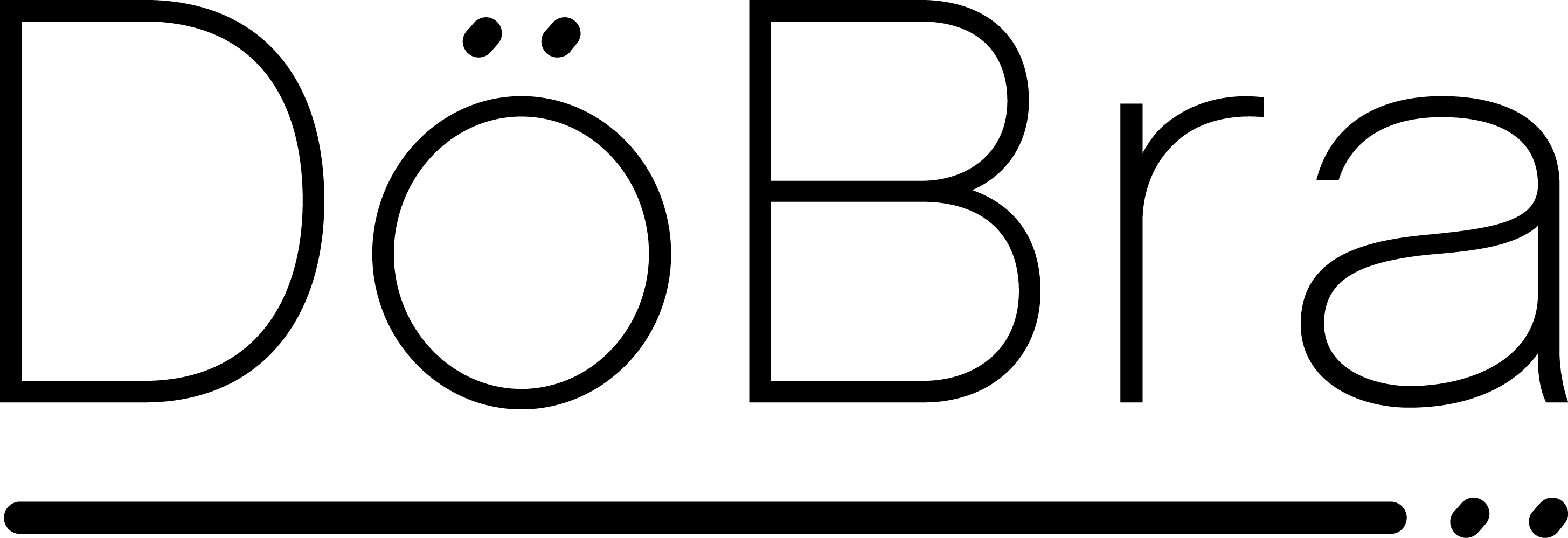Knowledge of traditions to meet future care
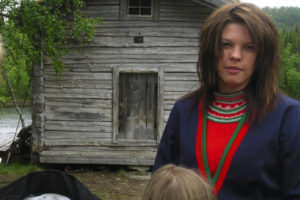
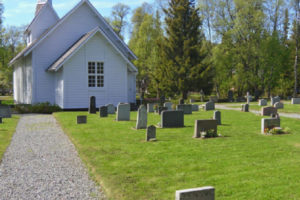
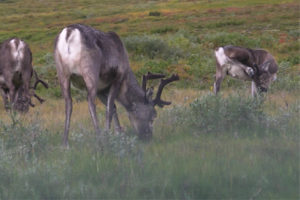
Photo: Roger Persson / Thomas Kroik Kristoffersson
The purpose of the project, which began in 2015, is to investigate the knowledge that exists within the Sami community about issues related to end-of-life care. This research is conducted through conversations about dying, death and what comes next. An initial review of the literature showed that these issues have hardly been scientifically studied.
In the first part of the project, these conversations have been conducted as individual interviews in both the Swedish and Norwegian part of Saepmi, from Funäsdalen in the south, to Kiruna in the north. The people interviewed include priests, assembly workers, funeral directors and persons working in Sami elderly care. Experiences, as well as the results from this first part of the project form the basis for the next study.
An important understanding came about upon reflection on how the interviews sometimes felt strange when conducted between two people who met to specifically discuss issues regarding dying, death, and loss. This situation is not in line with the tradition of how dialogue and knowledge exchange usually occurs in Sámi contexts.
Therefore, in the next part of the study, we meet in environments where knowledge exchange occurs more naturally, such as by the fire in the tent, at the edge of a clearing, or in the mountain landscape. By discussing experiences, traditions and thoughts about the future in a context that feels natural and encourages conversation, participants are given the opportunity to talk about what they think is important. Topics that may otherwise be perceived as sensitive, such as dying, death and bereavement, can thus be easier to talk about. This approach is based on so-called indigenous research methodology, where research is conducted with indigenous peoples in the environment they usually live and operate in.
Doctoral thesis:
The doctoral thesis from this project was written in Swedish and published here.
Project leader:
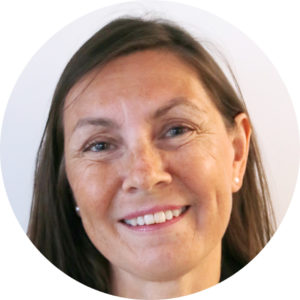
Lena Kroik, PhD Student
Project group/Collaborators:
Krister Stoor, lector, co-supervisor, Department of language studies, Umeå University
Carol Tishelman, professor, co-supervisor, Karolinska Universitetet
Ewa Ljungdahl, archaeologist, Gaaltije – Sydsamiskt kulturcentrum, Östersund
Contact:
lena.kroik@umu.se
